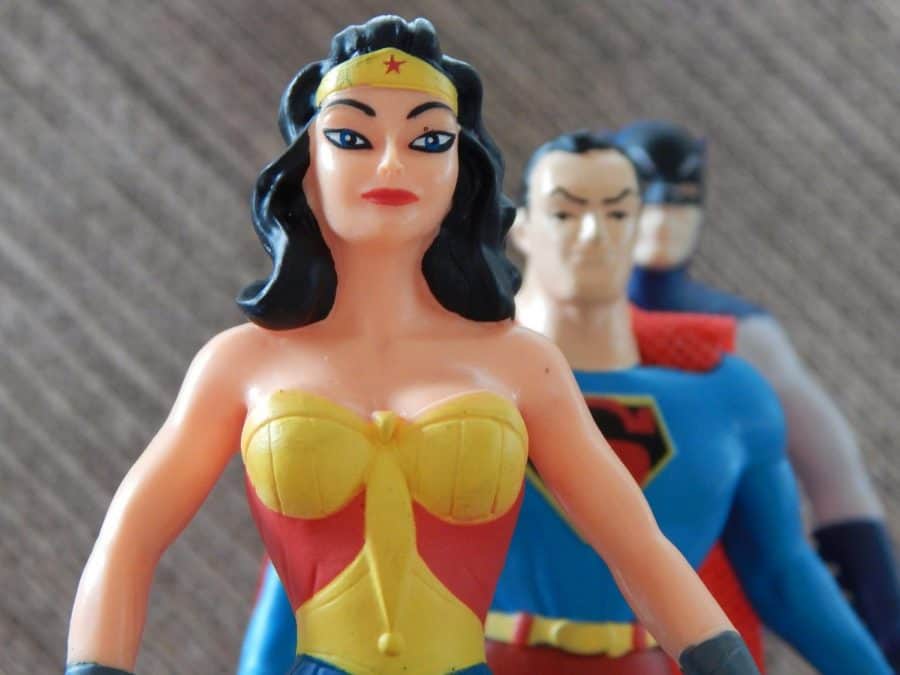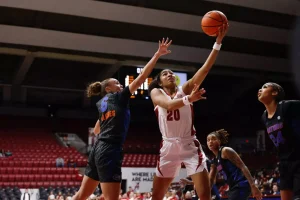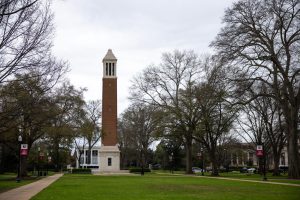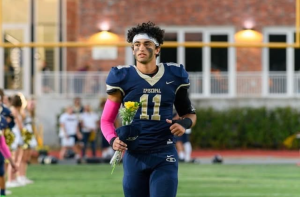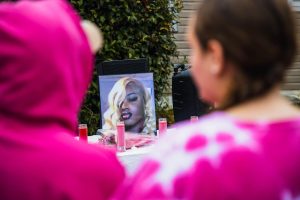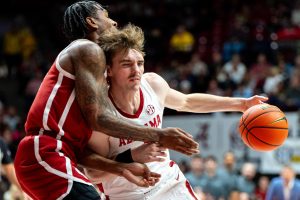The Splash Page: Embracing DC Comics in “Wonder Woman #750”
February 5, 2020
I’ve never been the biggest Wonder Woman fan. There are moments I’ve loved, and I’m particularly attached to Lynda Carter’s performance in the ‘70s TV series, but I can’t say I follow “Wonder Woman,” the ongoing comic book, the way I follow some others. Part of that can be blamed on a mid-2000s spell of not quite knowing what to do with Diana, not a problem that DC was having at the time for, say, Green Lantern. In my most formative comic book years, “Wonder Woman” was not the centerpiece of big events or big stories.
That’s changing. “Wonder Woman #750,” out this month from a whole host of creators, celebrates the long history of comic’s greatest heroine, and one who has risen in prominence in the past few years. She’s been in a few movies, inspired a best-selling book about her creation that was also adapted to film, successfully headlined both her own book and “Justice League Dark” and taken a starring role in graphic novels and stories aimed at middle-grade readers.
This issue, the 750th of Diana’s solo series, is no “Action Comics #1000” or “Detective Comics #1000.” “Wonder Woman” as a series debuted five-or-so years after those books and has been far less likely to be shipped twice-a-month. So, while this is a big, 96-page celebration of Diana’s long and heroic history, it remains the conclusion of Steve Orlando’s “Wild Hunt” story (tying into DC’s big line-wide publishing effort “Year of the Villain”) with some extra content tagged on. The first story – which, full disclosure, I haven’t ready any of the rest of – reads like a fitting emotional end to a long-running epic. Jesus Merino’s artwork is stylish, clean and looks like something you can hand a kid – exactly what you want from a Wonder Woman book.
Classic Wonder Woman writer Gail Simone and artist Collen Doran bring us “From Small Things, Mama” a story that does more to make this book feel appropriate for all-ages. Like the rest of the stories here, it is short and sweet and speaks to the love and kindness that have become hallmarks of Diana’s character over the past few years.
In that way, a lot of this book feels telling about Wonder Woman’s place in the DC Universe. Once, in an era of “grown-up” storytelling, creators struggled with her. Now, DC has realized that Diana works best as a really old-fashioned kind of hero. She’s less about enemies than she is about problem-solving, less about supervillains than about proving that even the worst people aren’t really villains at all. Somehow, these days, that feels like a throwback to a time when Wonder Woman and the Amazons lived in their own little pocket of the DC Universe, before continuity and complicated interconnectedness drove her fully into the world of the Justice League. Here, in her own book, she gets to be a little removed and a little toned down, and it works.
Maybe that throwback is part of the reason we get two stories set in the 1940s. “To Me,” by Marguerite Bennet and Laura Braga returns to Bennet’s “Bombshells” universe, where Wonder Woman leads a team of female heroes through an alternate World War II. There is, of course, also “Brave New World” by Scott Snyder and Bryant Hitch – the big selling point of this book – that unveils a look at the new all-inclusive DC Comics timeline. In the aftermath of “Doomsday Clock” (maybe?), we’re getting a version of history that leaves all of the adventures we see in this book – and in every other issue of Wonder Woman – in the timeline, and it begins with Diana becoming the first public superhero when she saves Franklin Roosevelt from an assassination attempt. DC is going all in on throwback Wonder Woman, on inspirational Wonder Woman, on Wonder Woman as a hero set apart from everyone else.
And that feels right. For the first time in a long time, I feel like I should be reading “Wonder Woman,” not because the events of the book are ‘important’ to the universe, but because the stories DC are telling with the character are big stories about superheroes overcoming adversity by being better people. Suddenly, Wonder Woman feels like she’s on the edge of what I love about the DC Universe, like she’s the front line of an age of comics that focuses on heroes and heroism and our better natures.



